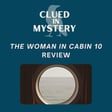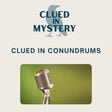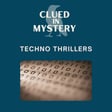
Mysteries for Young Sleuths with Lori Briley Fairchild
In this week's episode, Brook and Sarah are joined by middle-grade author Lori Briley Fairchild to speak about what goes into a mystery for young sleuths.
Discussed
Encyclopedia Brown: Boy Detective (1963) Donald J. Sobol
Nancy Drew Mystery Stories (1930-2003) Carolyn Keene
Hardy Boys Mystery Stories (1927-2005) Franklin W. Dixon
Agatha Christie
Enid Blyton
Trixie Belden Mysteries (1948-1986)
Bobbsey Twins (1904-1979) Laura Lee Hope
A to Z Mysteries (1997-2005) Ron Roy
Harriet the Spy (1964) Louise Fitzhugh
The InvestiGators (2020-2024) John Patrick Green
Aven Green, Sleuthing Machine (2021) Dusti Bowling
Good Omens (1990) Neil Gaiman and Terry Pratchett
Lori Briley Fairchild
Website: https://www.ldfairchildauthor.com/
Facebook: https://www.facebook.com/LDFairchild/
Instagram: https://www.instagram.com/l.d.fairchild/
For more information
Instagram: @cluedinmystery
Contact us: hello@cluedinmystery.com
Music: Signs To Nowhere by Shane Ivers – www.silvermansound.com
Sign up for our newsletter: https://cluedinmystery.com/clued-in-chronicle/
Join the Clued in Cartel: https://cluedinmystery.com/clued-in-cartel/
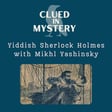
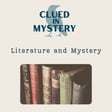
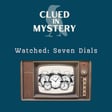
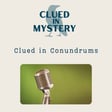
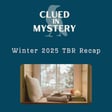
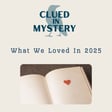
![[Re-release] Anthony Berkeley image](https://media.zencastr.com/cdn-cgi/image/width=112,quality=85/image-files/61e1c276e3ec42007857cff9/e7c778ac-a2ba-4809-9a5c-7cd39d167834.jpg)
![[Bonus] Wake Up Dead Man image](https://media.zencastr.com/cdn-cgi/image/width=112,quality=85/image-files/61e1c276e3ec42007857cff9/e276ac32-e664-464f-956c-7699bdb60aa5.jpg)
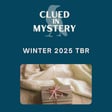
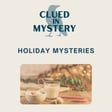
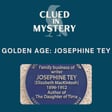
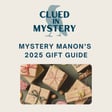
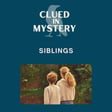

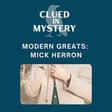
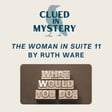
![[Bonus] Read Along: Daughter of Time image](https://media.zencastr.com/cdn-cgi/image/width=112,quality=85/image-files/61e1c276e3ec42007857cff9/b953ad72-c43e-48ca-a18a-b3c216ab90ee.jpg)
